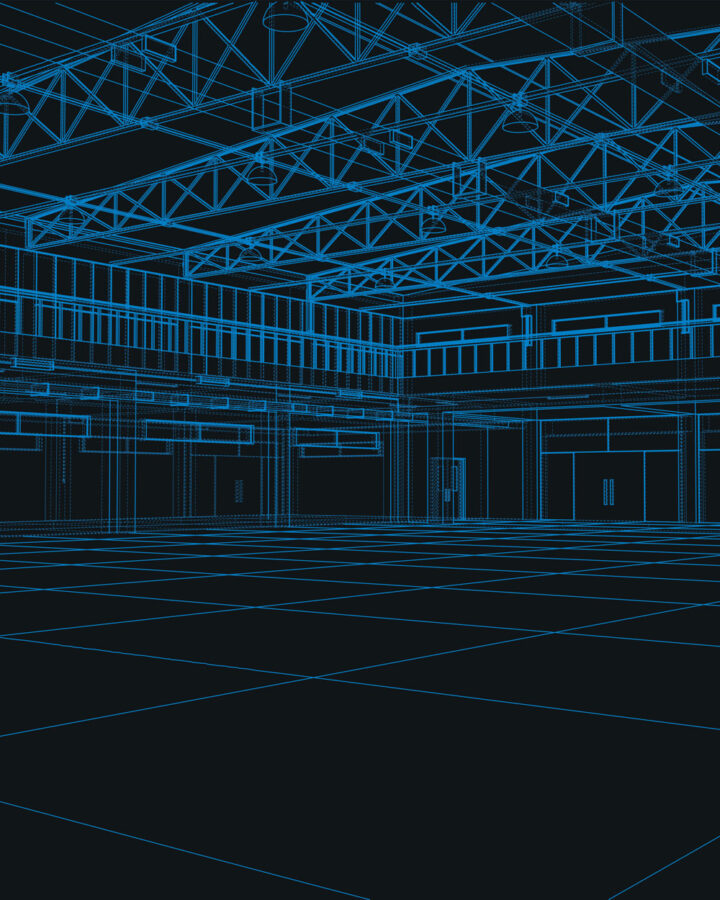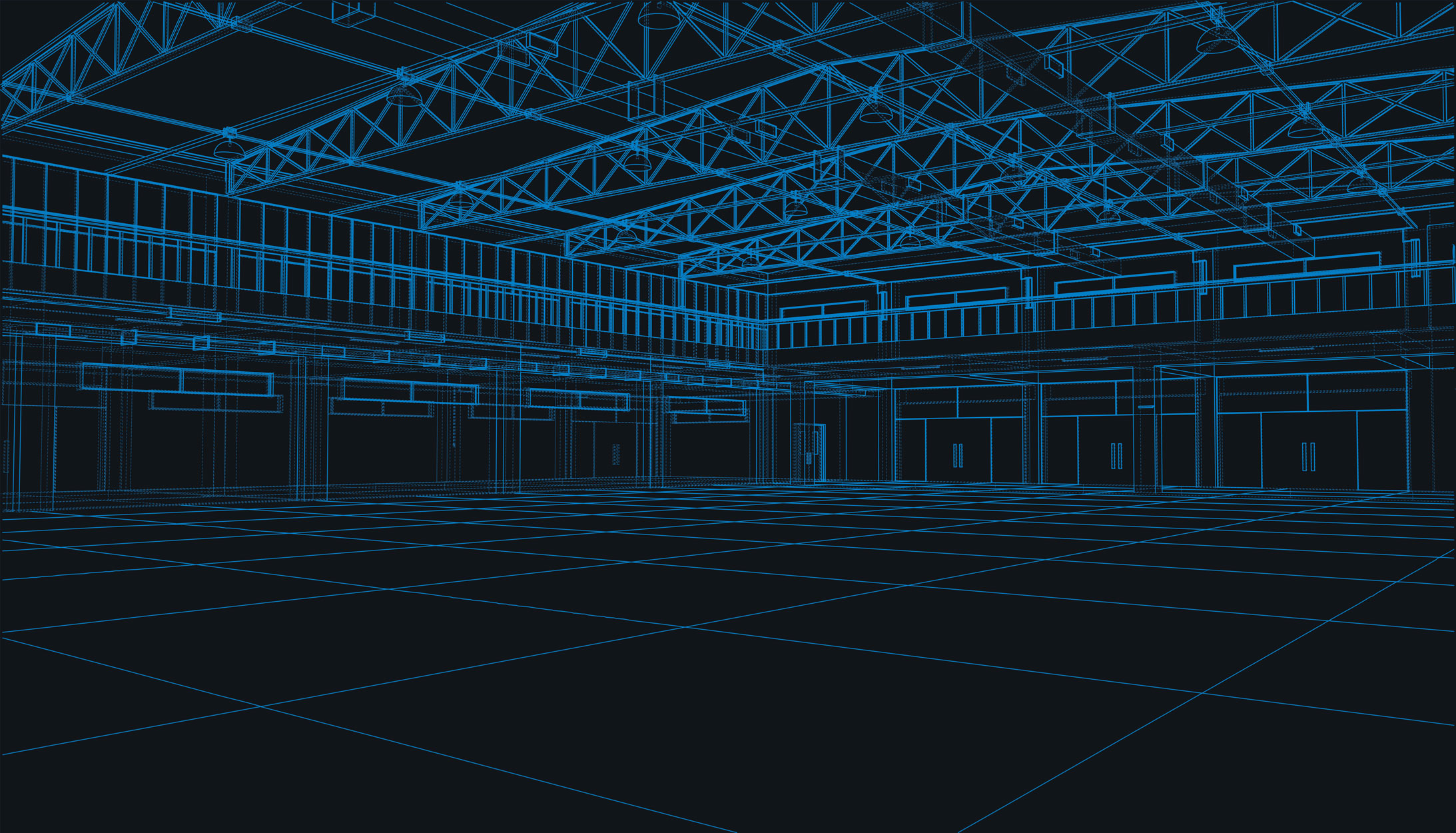I recently learned about the human phenomena called habituation, it’s a process in the brain that encodes everyday recurring tasks into habits. Our brains do this so that we don’t notice the more tedious elements in our lives whilst freeing up space to acquire new information. Habituation occurs in all aspects of our lives, from work tasks to chores at home and even driving our car. Without habituation we would be irritated by the same issues every day, so it’s an important function! Unfortunately, habituation makes identifying deficiencies within processes difficult because our brains have automatically encrypted them.
I was motivated to write this blog after witnessing an event that epitomised the detrimental effects of habituation within the construction industry. In a meeting between the client and contractor, to discuss a new phase of work, just one sentence summated the current state of construction. A representative of the contractor said, “We will formally issue this document on (a construction management application that shall remain nameless) on Tuesday, so by the time you receive it, it’ll be Friday.” The client compliantly responded, “Sure that sounds about right.” Out of everyone in the room, not one person questioned the nonsensical inefficiency of the system. Having to wait three days to receive an online document is absurd; you may as well post it by mail!
Having to wait three days to receive an online document is absurd; you may as well post it by mail!
It infuriated me that no one said anything, but I soon realised that this was habituation in reality. Every person in that room was accustomed to the system, but most importantly, accustomed to its inefficiencies. It had become normal practice to wait three days to receive correspondence. Worse yet, this nameless system is so inoperative that both the client and contractor employ a dedicated person to filter through the chaotic clutter of project information, so that it can be sent by email to the responsible people. Have you heard of anything more ridiculous? A project investing money in a system that is so unusable that the information within it needs to be transferred to another system to be disseminated! A system should be everything this isn’t.
Have you heard of anything more ridiculous? A project investing money in a system that is so unusable that the information within it needs to be transferred to another system"
As a team, it’s important to understand how we become habituated so that we can continue critique our application. As we become more engaged with our product it becomes more difficult to do. Our brains naturally become acquainted to the small inefficiencies that take that extra effort, which we despise. We’re driven to help construction teams collaborate better, but how do we combat the effects of habituation? By reassessing every single function and process within our product.
Every action must function for a specific purpose, so it’s imperative we don’t become complacent. Because as our product matures, so too do our design cues. Therefore, it’s critical we meticulously revisit existing features, to resolve any deficiencies. A methodically executed system like Glaass significantly decreases workload in teams, as opposed to inefficient systems that add work. The problem with construction is that everyone has been habituated by systems that don’t meet the unique requirements of the industry.
It’s an intriguing topic, especially to construction teams with existing systems in place. These existing systems are much like driving an old car. It isn’t fast, luxurious or completely functional. But after a while, you accept the small frustrations; like the twisted seatbelt or the air conditioning that takes 10 minutes to work. We think teams deserve more. That’s why we’re working so hard to create an uncompromising system that allows construction teams to collaborate like never before.


